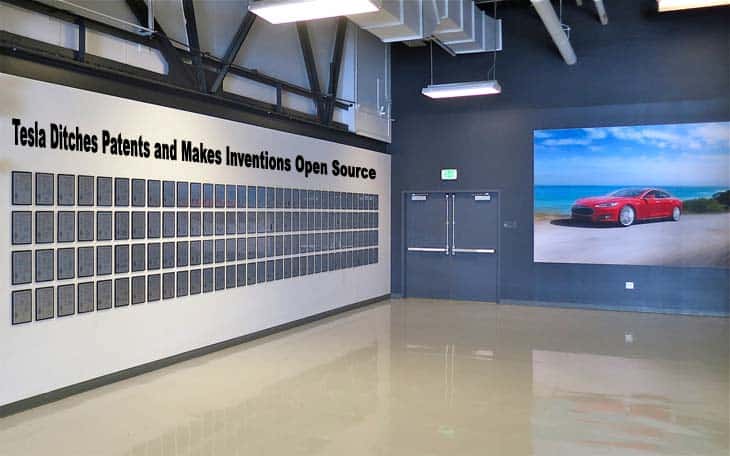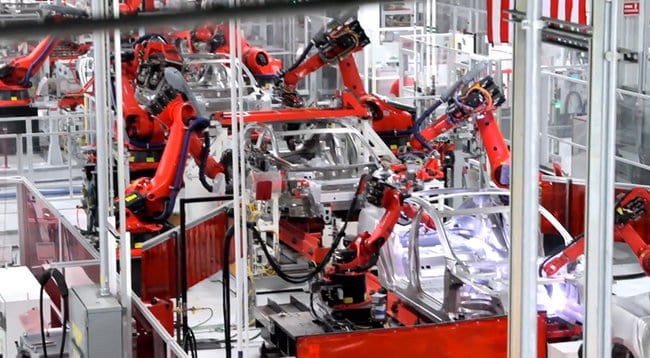
Tesla Motors made history this week by announcing that they would make all of their products and designs open sourced, instead of patenting them under the legal framework of intellectual property.
This is a move that will have far reaching implications for the electric car industry and for copyright law as a whole, which ultimately effects every business that you could possibly think of.
On a press release titled “All Our Patent Are Belong To You” recently published on Tesla’s website, CEO Elon Musk wrote that “Tesla Motors was created to accelerate the advent of sustainable transport. If we clear a path to the creation of compelling electric vehicles, but then lay intellectual property landmines behind us to inhibit others, we are acting in a manner contrary to that goal.”
He also gave an in depth look on how he has come to see copyright law after years of experience in many different industries.
The press release continued with the following statement:
When I started out with my first company, Zip2, I thought patents were a good thing and worked hard to obtain them. And maybe they were good long ago, but too often these days they serve merely to stifle progress, entrench the positions of giant corporations and enrich those in the legal profession, rather than the actual inventors. After Zip2, when I realized that receiving a patent really just meant that you bought a lottery ticket to a lawsuit, I avoided them whenever possible.
At Tesla, however, we felt compelled to create patents out of concern that the big car companies would copy our technology and then use their massive manufacturing, sales and marketing power to overwhelm Tesla. We couldn’t have been more wrong. The unfortunate reality is the opposite: electric car programs (or programs for any vehicle that doesn’t burn hydrocarbons) at the major manufacturers are small to non-existent, constituting an average of far less than 1% of their total vehicle sales.

Musk went on to say that Tesla could never possibly meet the demand for electric vehicles on its own. He acknowledged that in addition to making a profit, his company’s goal is also to help solve the energy crisis. This is a big goal though, and it will take a large number of companies like his to meet the demand for clean energy vehicles.
It is an incredibly bold statement for one of the most groundbreaking inventions of our time to be completely open sourced. This will undoubtedly inspire an entire generation to start their own businesses in clean energy.
This situation sheds light on the kind of progress that copyright is holding back. It is a popular myth that intellectual property is a convention that was established to protect inventors and artists in order to promote innovation. However, intellectual property was actually established during the middle ages as a means of censorship and a way of monopolizing the popular industries of the time, which does in fact stifle innovation.
As Rick Falkvinge reported last year, Queen Mary, the first, created the copyright monopoly on May 4, 1557. According to research from Falkvinge, it was initially created as a censorship mechanism.
In exchange for a lucrative monopoly on printing, the London Company of Stationers agreed to let anything printed first pass by the royal censors. Eventually the royalty discovered ways that they could use this concept to monopolize industry.


